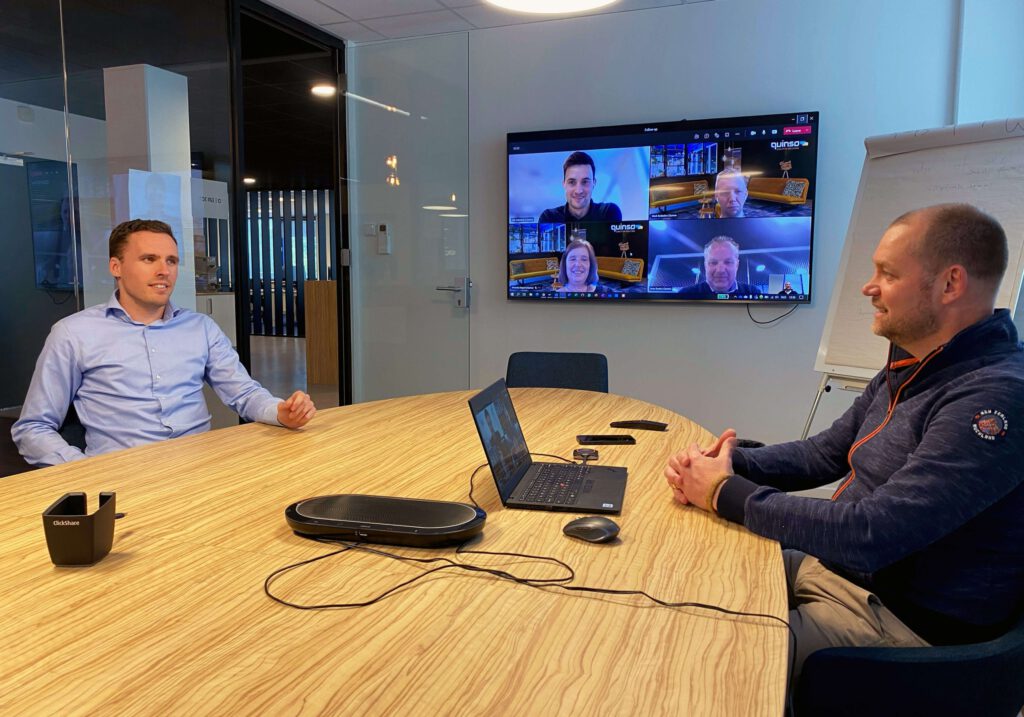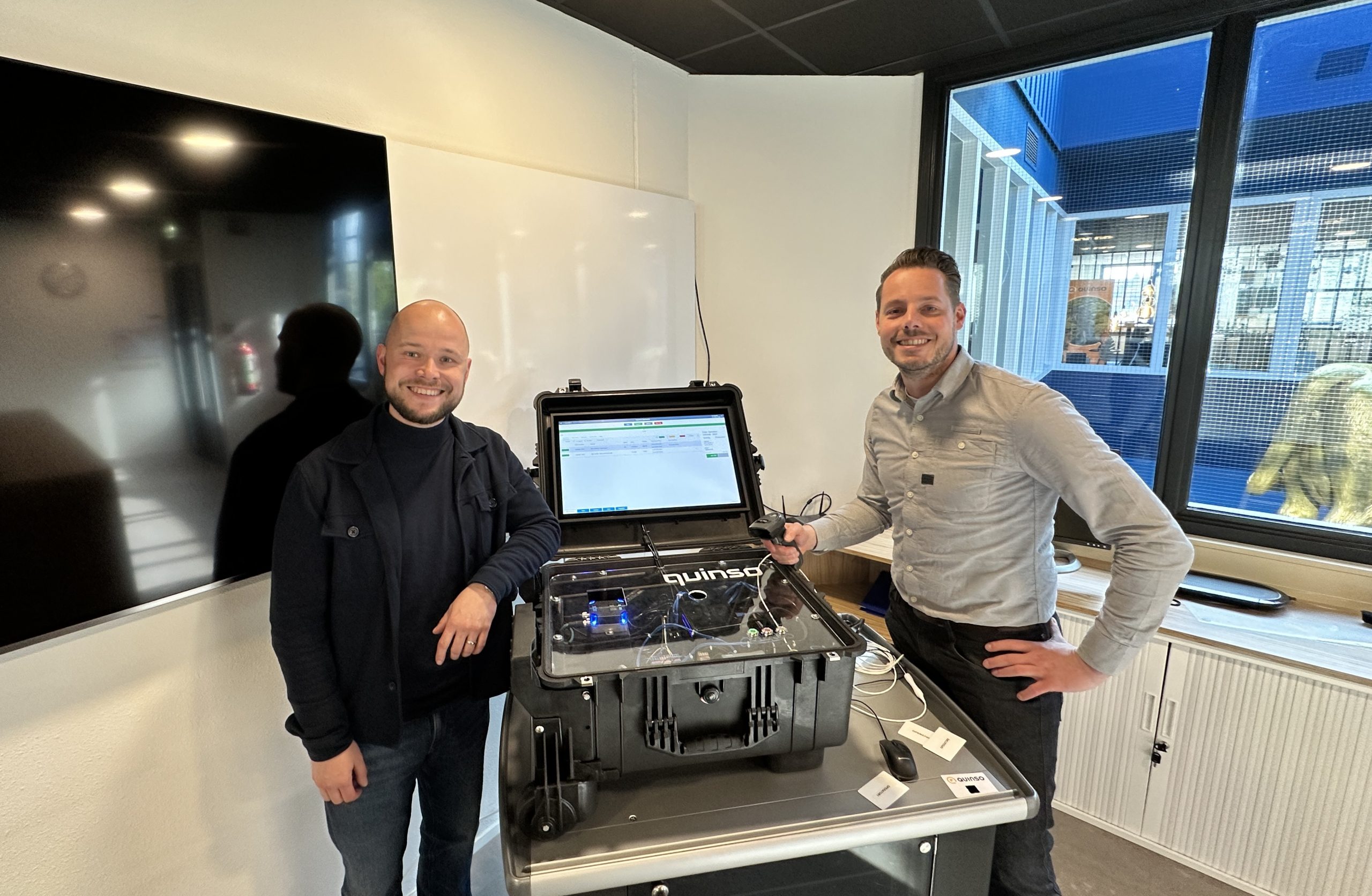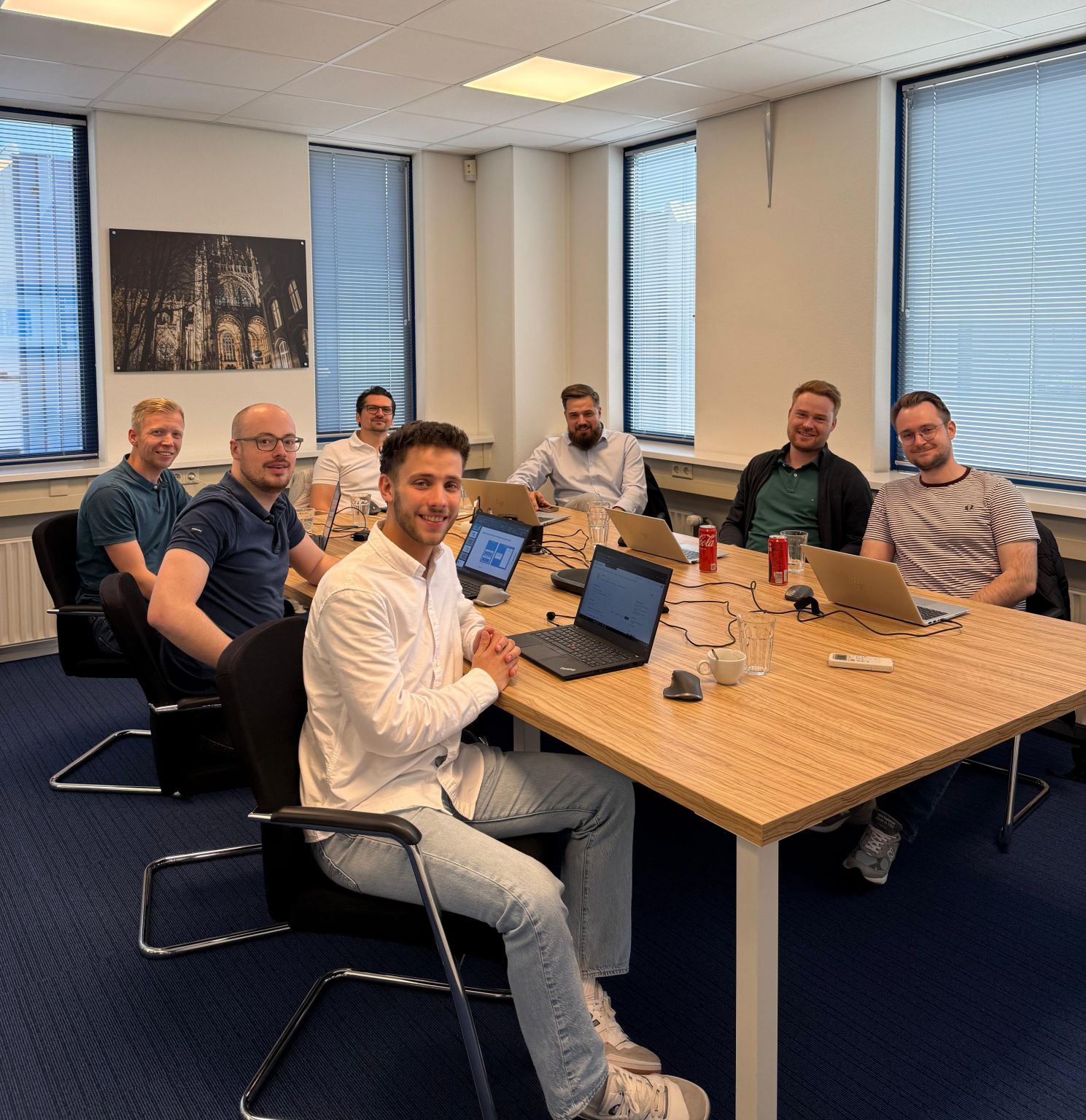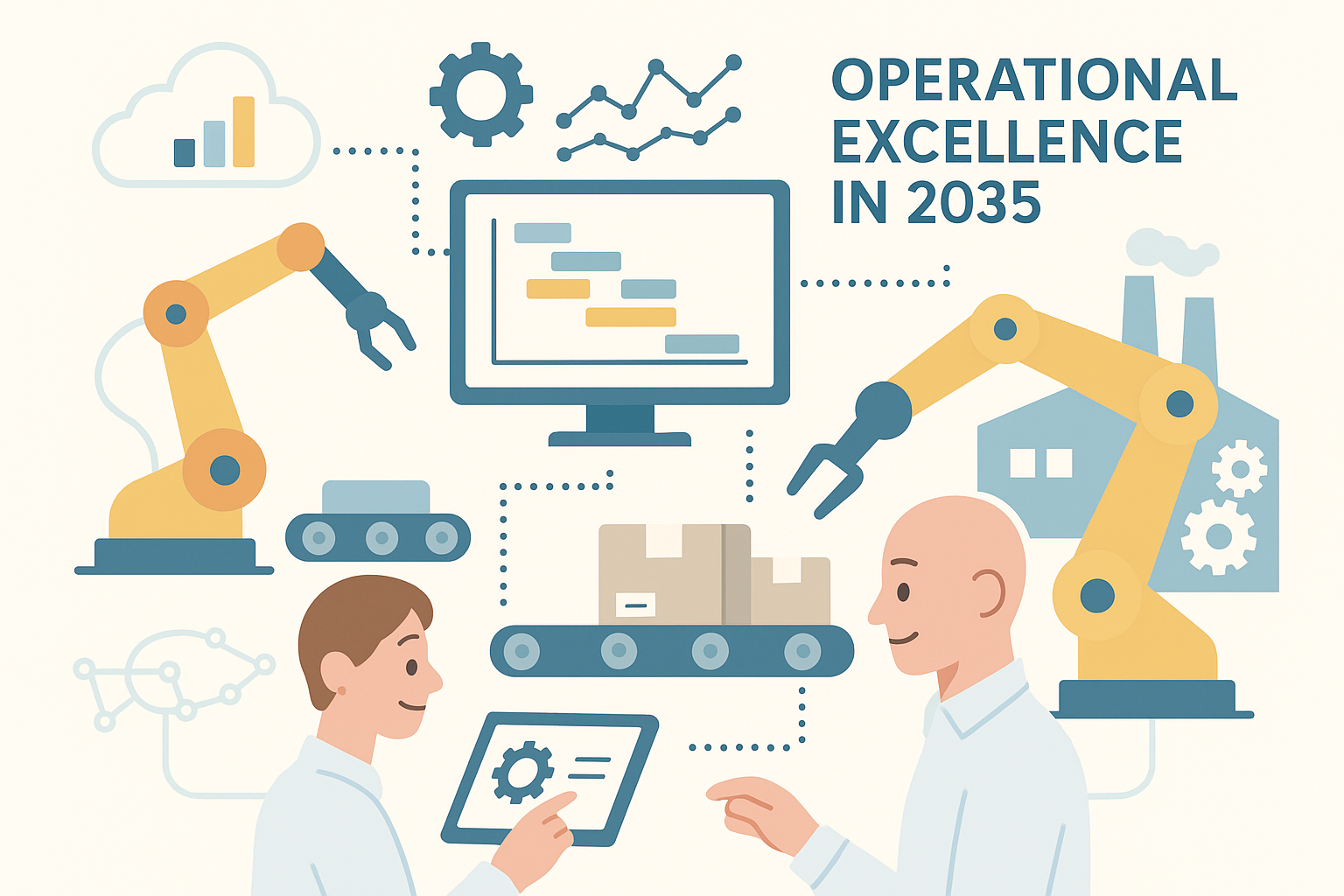The past year has shown us how quickly companies can change in times of crisis. As human beings, we turn out to be more flexible than we ever imagined. The implementation of SAP solutions also tested our ability to change and that of our customers. Most strikingly, the implementations just went ahead and even led to the results clients envisioned. Who would have thought that 1.5 years ago? The limitations by COVID-19 provided innovative insights on how things can be done. In this blog, we, Dick Verburg and Rogier Leijsen, take you through the implementation projects we did over the past year. And we list three positive developments in SAP implementations for you.

1. Partnership now even more important
“Work at home unless there is no other way. With this call, working from home suddenly became a must overnight. But how do you do it? Because implementing new software is always an effort from both technology and business. When we work from home a lot and are not physically present at the customer’s site, we quickly run the project purely from the technology and do not achieve the desired result. This makes the role and responsibility of the customer, also on the business side, even more important, as well as the joint management of it. Mutual trust and partnership have become even more essential. It is more than ever about the joint effort. We also noticed this during the implementation of SAP S/4HANA Cloud at Yanmar Marine International and in the rollout of SAP ECC at Leaseweb Singapore. We realized these implementations entirely remotely, and within the current circumstances we achieved the maximum results there. Yanmar and Leaseweb recognized the importance of joint effort and mutual trust, which made the implementations efficient despite working remotely.
2. Hybrid work is becoming the new normal
The efficiencies we experienced at Yanmar and Leaseweb are typical of the SAP implementations we have achieved over the past year and a half anyway. Meetings are organized more functionally and tightly with a predetermined agenda.
Because consultants are not always on site, they are not always accessible for users to ask questions of. This makes users more likely to do their own research and increases the learning curve for customers. Thus, more knowledge is accumulated within the organization. On our side, this also leads to more focus and a more effective use of time.
So the prediction is that we will soon be working more hybridly, which means scheduling contact moments more deliberately. As a result, we achieve more productive interaction. The project activities that can be done more independently, such as building the system, we can continue to do remotely. An additional benefit of this is that consultants’ travel times are reduced, allowing for more flexible allocation of time. This can make for a better work-life balance, both with the client and with us.
3. Cloud collaboration is indispensable
Collaboration in the cloud has gained momentum due to working from home. For example, meetings via Teams have become part of our lives. Before corona, did you have no experience with video conferencing? Then you have learned that over the past few months. We, too, have had to think about deploying new tools. At workshops, we normally draw a lot on a board. For this, we have now deployed Mural, an online collaboration tool. This allows the workshops to continue effectively online.
And the on-site benefits?
There are also phases of implementation that still happen most efficiently and effectively when we are on site. One example is validation workshops. These are always very intensive and interactive, a lot of information is shared between two different parties. Drawing out and discussing processes is very important in this regard. Being able to look each other in the eye and see body language can be revealing and gives the opportunity to respond accordingly. It also produces spontaneous conversations and ideas that can make just the difference in the realization of a project. The same goes for training, testing and performing data migration, for example. And of course, celebrating success is also something we prefer to do together. As soon as we can, therefore, we would like to do some of the activities on location again.
Necessary accelerator
In short, the pandemic has brought some positive developments. We saw that mutual trust and partnership became even more important. At the same time, it has become clear that certain activities can be done excellently online. And that we would prefer workshops and training sessions to take place on site again as soon as possible. Of course in careful coordination with the client. So hybrid working is increasingly becoming the norm as far as we are concerned. And collaborating in the cloud? This is now more urgent than ever, so more and more companies are necessarily betting on this. This allows them to collaborate efficiently even remotely and is ready for the future.
Have questions about our projects or collaborating in the cloud? If so, please let us know. Or are you curious how we can help you implement digital transformation within your organization? We are happy to help. Contact us at dick.verburg@quinso.com or rogier.leijsen@quinso.com.
Want to read more or get inspired? Then check out “Being one step ahead of your customer.
About Rogier Leijsen
Rogier Leijsen is an experienced SAP Project Manager & Managing Consultant with a focus on IT business processes and project implementations.
About Dick Verburg
Dick Verburg is Managing Partner and Business Consultant and has more than 15 years of experience in Supply Chain Logistics in the manufacturing and wholesale industries.



